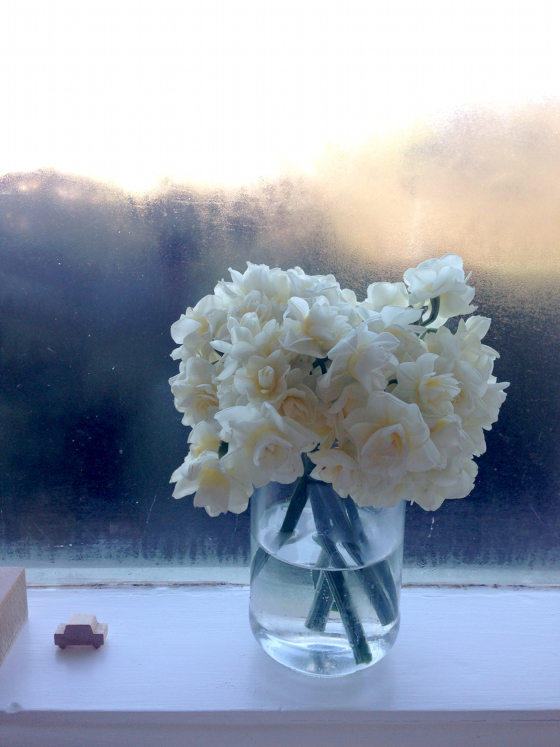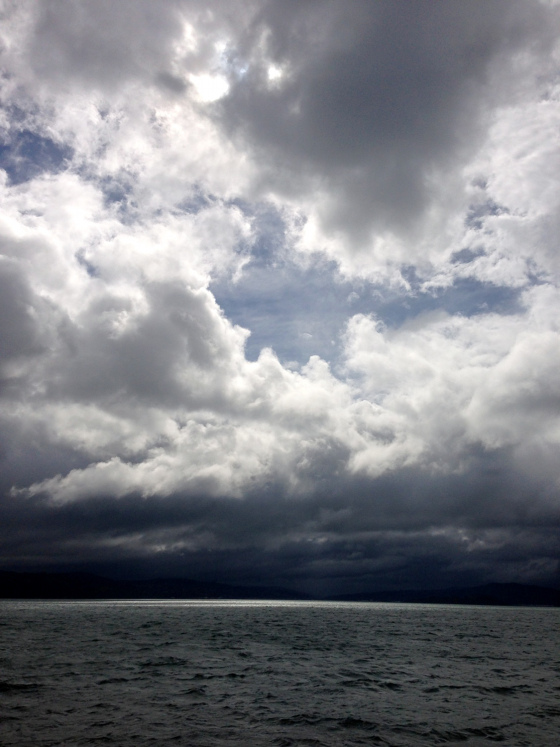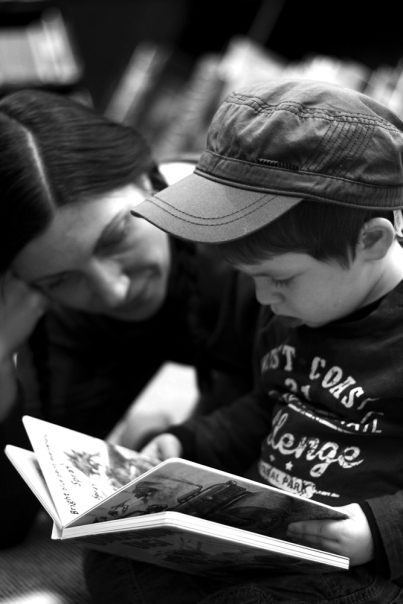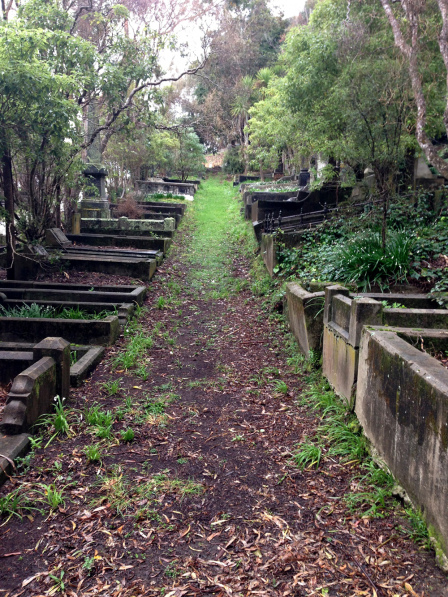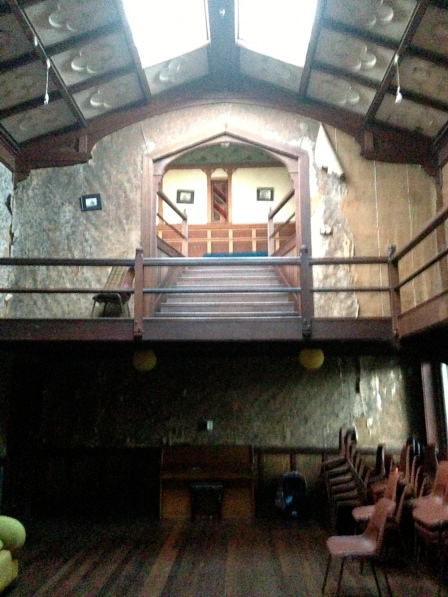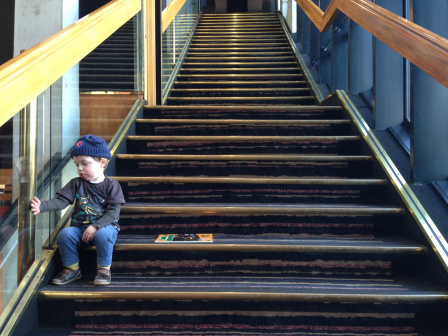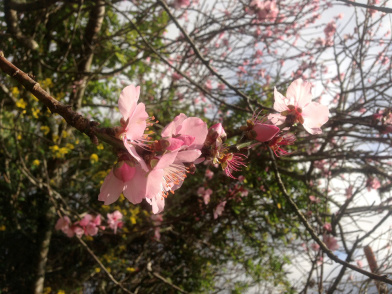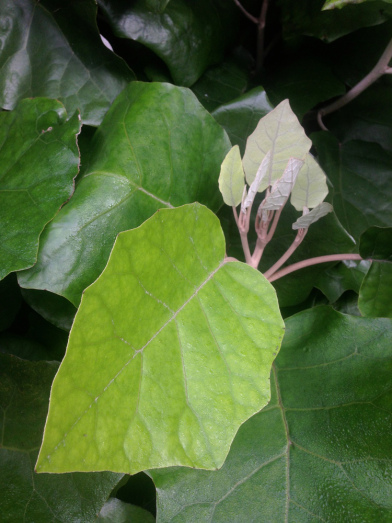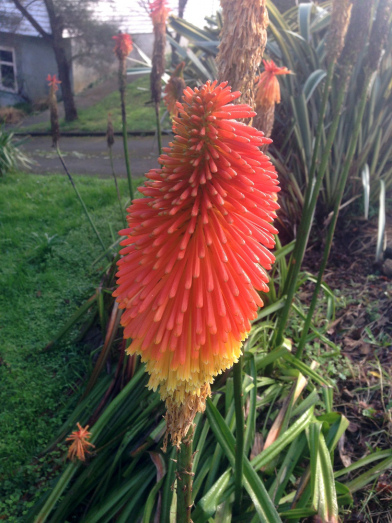For Sylvie (the Cat)
With nothing but the sea to ape
the sweep of time, and signs of ape
imbued with teloi of an ape
that apes its making;
the sea that rounds the apes with sleep
un-singing in its empty sleep
the teloi of an age asleep
inside its making;
with Sylvie in a square of sun,
couchant and spooning in the sun
of equidistant lions, sun
that squares the circle,
I symbiose. We need the square
for love, you know, is just a square
within a greater, animal square—
but feel the warm circle!
Dear tabby-Abyssinian cat,
translucent chartreuse-irised cat,
brown, tiger-striped, piebald-lipped cat
what is in nature
the cause of your soft heart my dear?
They say these bickies make me dear
while human love transcends, my dear,
the wants of nature—
of course we know it isn’t true—
a matter of degree, it’s true
the sea our dreams of life can true
and vice versa.
With nothing but the sea to sound
our day and words of touch not sound,
I see you hear my feeling sound
and vice versa.
Your deathlessness must colour love.
And wordlessness, though less with love
whose colours beggar little love,
a word like http://e-trader.org/exness-mt5 water.
Your wee heart, like Earth, is almost naught.
An epitaph above the naught
whose shapeless words are doubly naught
like words in water.
This innocence apart from birds,
all balled up tight, far off as birds,
baffles my sense of loss, like birds
alone in winter.
I’m hesitant—to touch your peace—
your giottesque radiance of peace
of mind about our final peace
alone. Some winter.
I know if it were you and me
only, our harmony for me
would pulse with distance, you and me
and spacetime ringing;
though dissonance must be the heart
of harmony, the crowded heart
that isolates the only heart
and sets it ringing.
But we the childless or childfree
invest in you what makes us free
and love with the love of the free,
which must be lighter.
And Sylvie dear you love us back,
in spitting rain you come out back
to see us take the washing back
and make us lighter.
